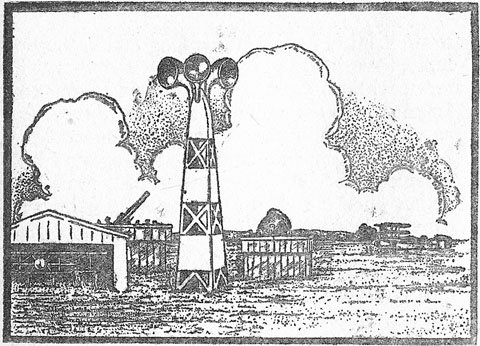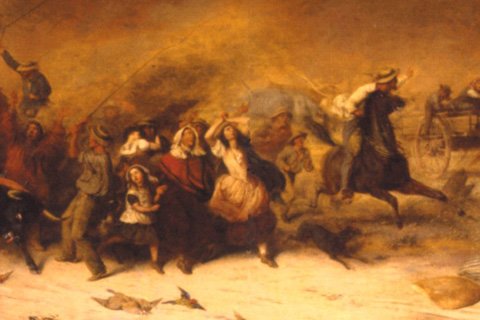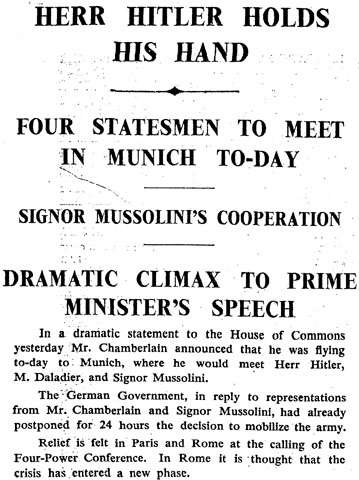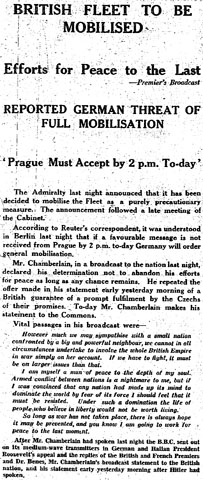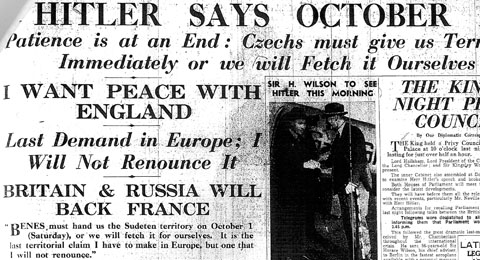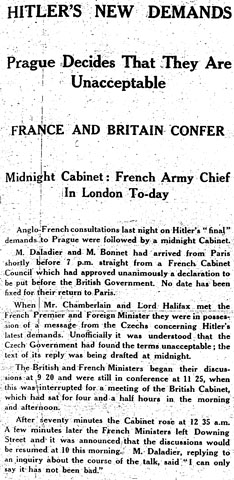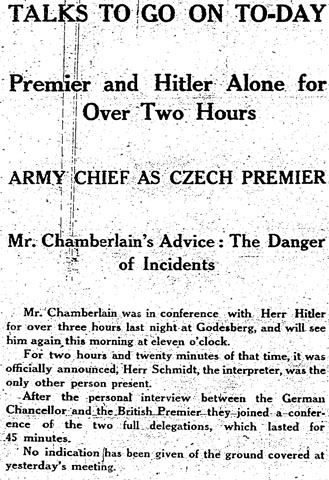Gas!
The National Archives have released a couple of files (here and here) relating to mustard gas in the Second World War. I’m too cheap to pay to download them from TNA so I’m relying on news reports — luckily this is a blog and not a refereed publication! The first is about a series of […]


